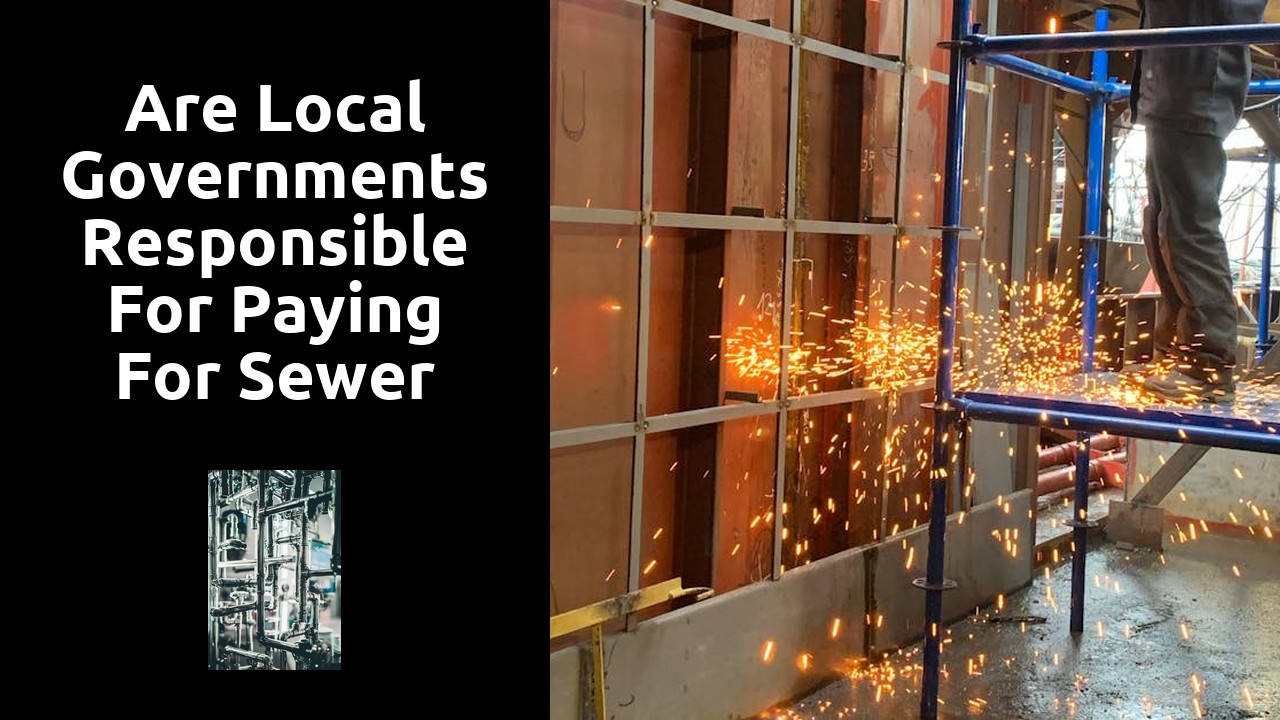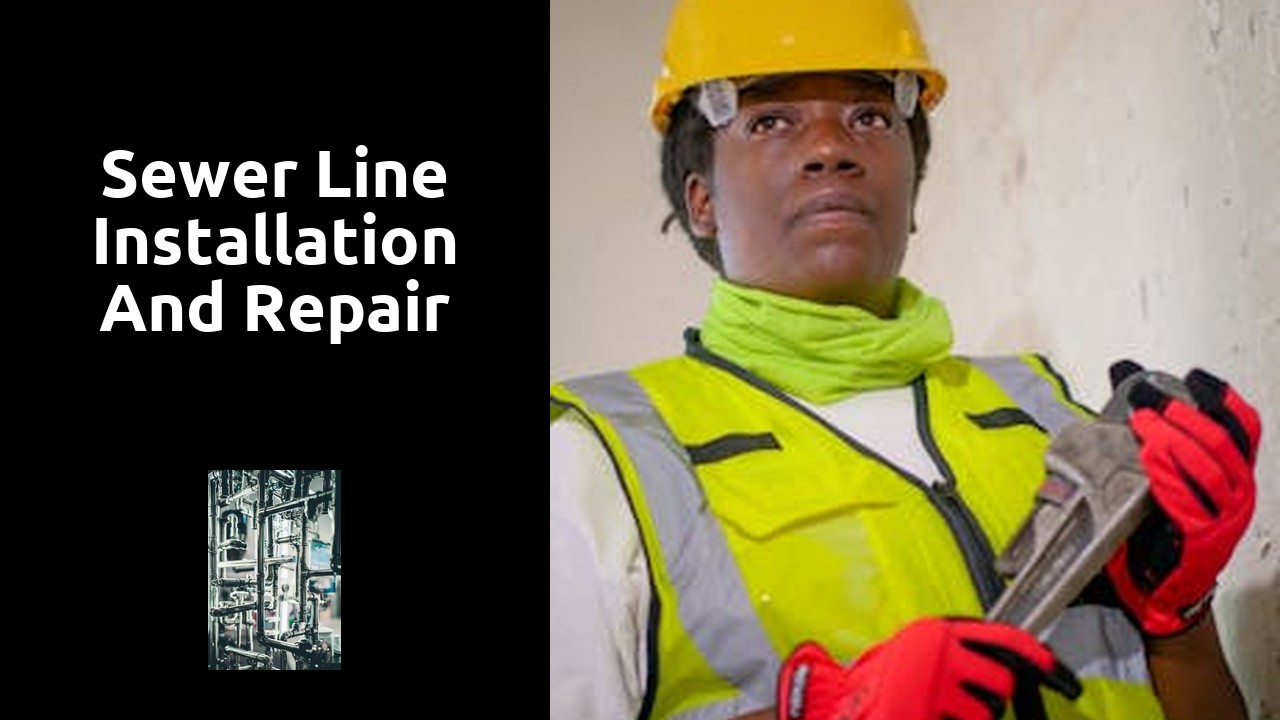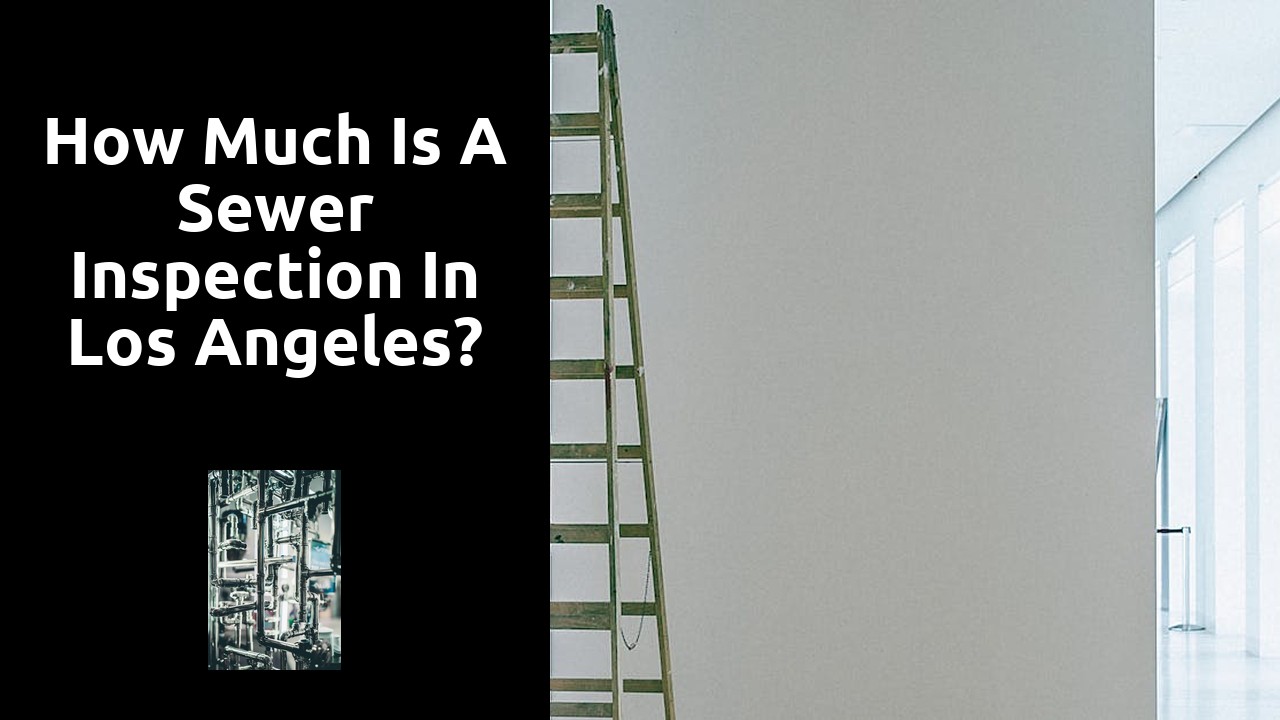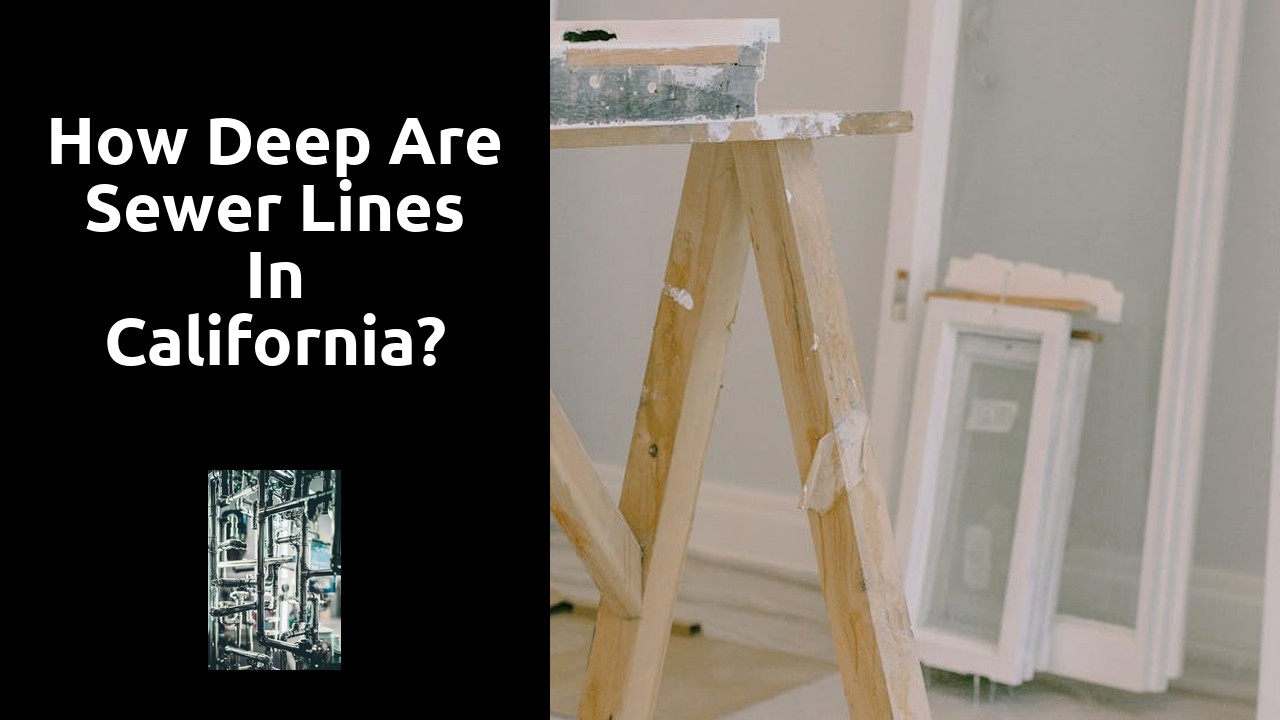
Environmental regulations and their influence on local government actions regarding sewer line repairs
Sewer line installation and repair in Echo Park, Los Angeles are subject to environmental regulations that guide local government actions in managing these crucial infrastructure components. Government agencies must adhere to strict environmental guidelines to ensure that sewer line repairs do not harm the natural surroundings. These regulations influence every aspect of the repair process, from selecting appropriate materials to minimizing disruption to the ecosystem during maintenance activities. By complying with these rules, local governments demonstrate their commitment to protecting the environment while addressing vital sewer system needs in communities like Echo Park.
Environmental regulations also play a significant role in shaping local government strategies for maintaining sewer infrastructure efficiently. These regulations push municipalities to invest in innovative technologies and implement sustainable practices that reduce the environmental impact of sewer line repair activities. By leveraging smart sewer systems and monitoring tools, local governments can develop cost-effective repair strategies that align with environmental standards, benefiting both the community and the ecosystem. In Echo Park, Los Angeles, the influence of environmental regulations on local government actions underscores the importance of adopting environmentally conscious approaches to sewer line maintenance and repair.
Compliance requirements shaping local policies on maintaining sewer infrastructure
Local governments play a crucial role in adhering to compliance requirements when it comes to maintaining sewer infrastructure. In areas such as Silver Lake Heights, Los Angeles, where sewer line installation and repair are essential for public health and environmental protection, local policies are shaped by the necessity to meet regulatory standards. The Environmental Protection Agency (EPA) and state authorities often set guidelines that municipalities must follow to ensure the proper operation and upkeep of sewer systems.
Failure to comply with these regulations can result in fines, legal repercussions, and environmental harm. Therefore, local governments are diligent in establishing and enforcing policies that prioritize the regular maintenance and repair of sewer lines. By aligning with compliance requirements, municipalities not only safeguard the health and well-being of their residents but also contribute to the overall sustainability of the community.
Community engagement in sewer line repair decisionmaking
Sewer line installation and repair Vermont Square, Los Angeles are crucial components of a municipality's infrastructure that directly impact the well-being of its residents. Community engagement plays a vital role in the decision-making process surrounding sewer line repairs, as it allows for input from those most affected by the infrastructural issues. When local governments involve residents in discussions about sewer line repair strategies and priorities, it fosters a sense of ownership and collaboration that can lead to more effective and sustainable solutions. By seeking input from community members, municipalities can better understand the specific needs and concerns of residents and tailor sewer line repair plans accordingly for the benefit of all stakeholders involved.
Importance of citizen input in prioritizing and funding sewer system repairs
Citizen involvement in decisions regarding sewer line maintenance is crucial for ensuring efficient and effective repair strategies. In the context of sewer line installation and repair in Echo Park, Los Angeles, empowering community members to provide input on prioritizing and funding such projects can lead to solutions that address local needs and concerns. By actively engaging citizens in the decision-making process, local governments can gain valuable insights into the specific challenges faced by residents and businesses in maintaining the sewer infrastructure.
Moreover, citizen input helps foster a sense of ownership and accountability within the community. When residents have a voice in determining the allocation of resources for sewer system repairs, they are more likely to support and comply with the implemented solutions. This collaborative approach not only enhances the sustainability of sewer line maintenance projects but also strengthens the bond between local governments and the communities they serve. Ultimately, prioritizing citizen input in funding decisions can lead to more cost-effective and tailored solutions for maintaining the sewer systems in Echo Park and beyond.
Innovative technological solutions for costeffective sewer line maintenance by local governments
Innovative technological solutions are becoming increasingly prevalent in the realm of sewer line maintenance by local governments. Sewer line installation and repair Vermont Square, Los Angeles, are benefiting from advancements such as trenchless technology, which minimizes disturbance to the surrounding environment and reduces costs by avoiding the need for extensive excavation. Additionally, robotic sewer line inspection tools are revolutionizing how municipalities monitor and assess the condition of their underground infrastructure, enabling early detection of issues and proactive maintenance to prevent major repair needs.
Furthermore, the utilization of Geographic Information System (GIS) mapping tools is streamlining the planning and management of sewer system maintenance. Local governments can now easily track the location and condition of sewer lines, identify areas prone to issues, and prioritize repair and replacement projects accordingly. By integrating these innovative technological solutions into their maintenance practices, municipalities like Vermont Square in Los Angeles are not only improving the efficiency and cost-effectiveness of their sewer line maintenance but also enhancing the overall sustainability and resilience of their infrastructure.
Implementing smart sewer systems and monitoring tools for efficient repair strategies
Implementing smart sewer systems and monitoring tools for efficient repair strategies is crucial for local governments looking to tackle sewer line maintenance effectively. By incorporating innovative technologies such as real-time sensors and predictive analytics, municipalities can proactively address potential issues before they escalate, minimizing the need for costly emergency repairs. In Vermont Square, Los Angeles, the deployment of such smart sewer systems has shown promising results in reducing infrastructure downtime and maximizing operational efficiency.
Moreover, the integration of monitoring tools allows for continuous assessment of the sewer system's performance, enabling prompt identification of leaks, blockages, or other abnormalities. This proactive approach not only enhances the overall functionality of the sewer infrastructure but also helps in extending the lifespan of the system, ultimately saving resources and mitigating environmental risks. In light of the benefits demonstrated in Sewer line installation and repair Vermont Square, Los Angeles, other local governments are encouraged to explore similar technological solutions to streamline their sewer line maintenance processes.
FAQS
Are local governments legally obligated to pay for sewer line repairs?
In many jurisdictions, local governments are responsible for maintaining and repairing sewer lines within their jurisdiction. This responsibility is often outlined in local ordinances and regulations.
Can residents be held financially responsible for sewer line repairs?
In some cases, residents may be responsible for the portion of the sewer line that runs from their property to the main sewer line. It is essential for residents to review their local regulations to understand their responsibilities.
How do environmental regulations impact local governments' decisions on sewer line repairs?
Environmental regulations often require local governments to maintain and repair sewer lines to prevent contamination of water sources and protect public health. Failure to comply with these regulations can result in fines and penalties.
Is community input considered when local governments prioritize sewer line repair projects?
Community engagement plays a vital role in the decision-making process for sewer line repairs. Local governments may seek input from residents to prioritize projects based on the needs of the community.
Are there innovative technological solutions available to help local governments with cost-effective sewer line maintenance?
Yes, there are innovative technologies such as smart sewer systems and monitoring tools that can help local governments optimize their sewer line maintenance strategies, resulting in more efficient and cost-effective repairs.


